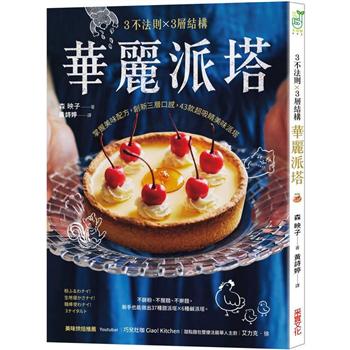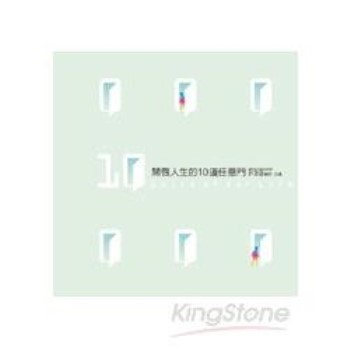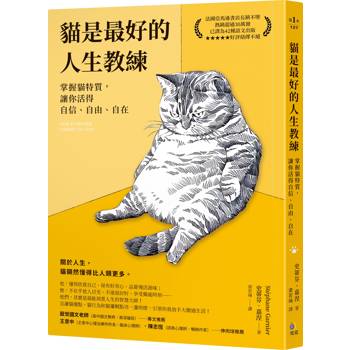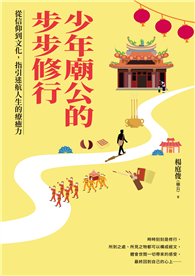Examining the case that inspired a pop culture phenomenon
In 1924 Beulah Annan was arrested for killing her lover, Harry Kalsted. Six weeks later, a jury acquitted her of murder. Inspired by the sordid event, trial, and acquittal, reporter Maurine Watkins wrote the play Chicago, a Broadway hit that was adapted several times. Through a fresh retelling of Annan’s story and Watkins’s play, Charles H. Cosgrove provides the first critical examination of the criminal case and an exploration of the era’s social assumptions that made the play’s message so plausible in its time. Cosgrove expertly combines inquest and police records, and interviews with Annan’s relatives, to analyze the participants, the trial, and the play. Although no one will ever know what really happened in that Kenwood apartment, Cosgrove’s interrogation shows how sensationalized Watkins’s writing was. Her reporting on the Annan case perpetuated falsehoods about Annan’s so-called "confession," and her play inaccurately portrayed Chicago’s criminal justice system. Cosgrove challenges the portrait of Annan as a killer who got away with murder and of Watkins as a savvy reporter and precocious playwright. He exposes the weaknesses of the case against Annan and vindicates the jury that tried her.| FindBook |
有 1 項符合
They Both Reached for the Gun: Beulah Annan, Maurine Watkins, and the Making of Chicago的圖書 |
 |
They Both Reached for the Gun: Beulah Annan, Maurine Watkins, and the Making of Chicago 作者:Cosgrove 出版社:Southern Illinois University Press 出版日期:2024-06-07 語言:英文 規格:平裝 / 248頁 / 22.86 x 15.24 x 1.6 cm / 普通級/ 初版 |
| 圖書館借閱 |
| 國家圖書館 | 全國圖書書目資訊網 | 國立公共資訊圖書館 | 電子書服務平台 | MetaCat 跨館整合查詢 |
| 臺北市立圖書館 | 新北市立圖書館 | 基隆市公共圖書館 | 桃園市立圖書館 | 新竹縣公共圖書館 |
| 苗栗縣立圖書館 | 臺中市立圖書館 | 彰化縣公共圖書館 | 南投縣文化局 | 雲林縣公共圖書館 |
| 嘉義縣圖書館 | 臺南市立圖書館 | 高雄市立圖書館 | 屏東縣公共圖書館 | 宜蘭縣公共圖書館 |
| 花蓮縣文化局 | 臺東縣文化處 |
|
|
圖書介紹 - 資料來源:博客來 評分:
圖書名稱:They Both Reached for the Gun: Beulah Annan, Maurine Watkins, and the Making of Chicago
內容簡介
作者簡介
Charles H. Cosgrove is emeritus professor of early Christian literature at Garrett Seminary in Evanston, Illinois. He is the author of numerous books, most recently Fortune and Faith in Old Chicago: A Dual Biography of Mayor Augustus Garrett and Seminary Founder Eliza Clark Garrett, and Music at Social Meals in Greek and Roman Antiquity. A lifelong native of the Chicago area, he is an aficionado of the city’s history and makes occasional appearances in the area’s music venues as a jazz trombonist.
|








![114年會計學概要[主題式題庫+歷年試題][記帳士] 114年會計學概要[主題式題庫+歷年試題][記帳士]](https://media.taaze.tw/showLargeImage.html?sc=14100121138)


